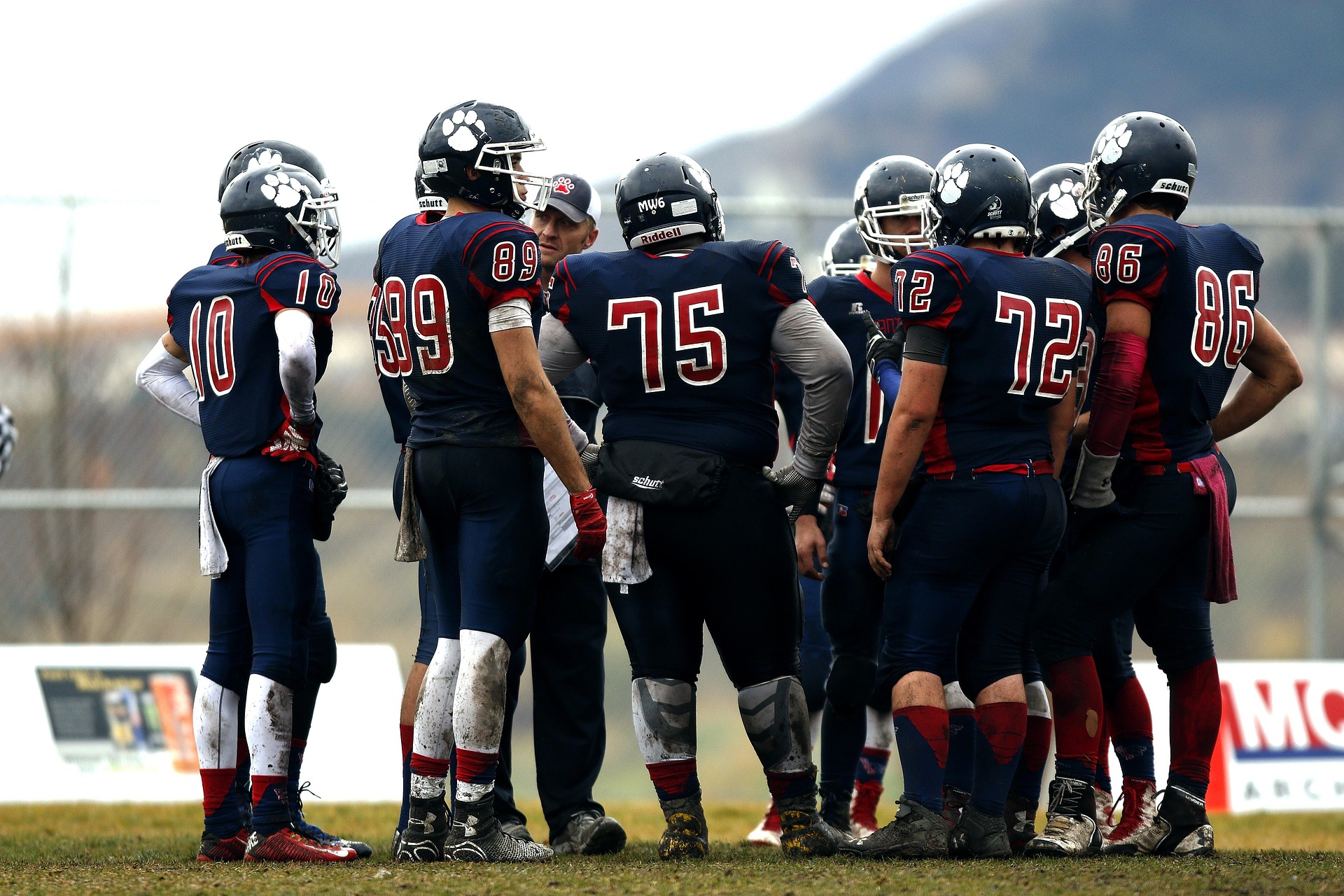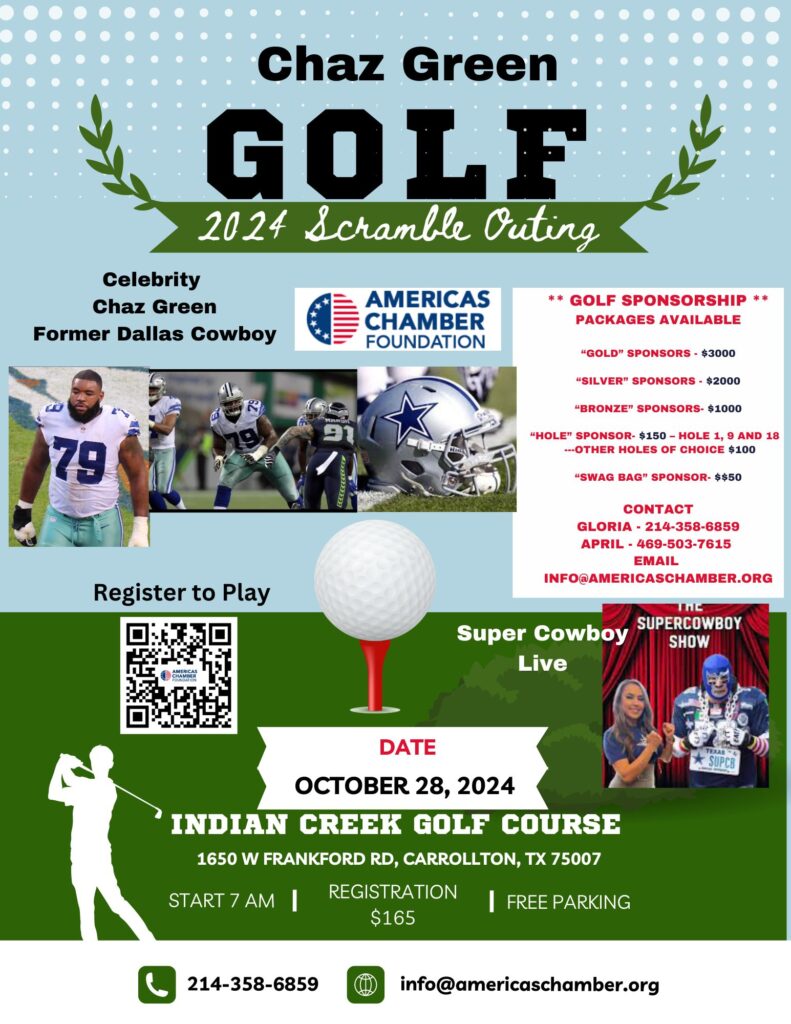Nick Saban, a longtime college football coach and sportscaster, once said, “You can’t win together if you don’t work together.” This saying reminds us that talent alone doesn’t decide the outcome; teamwork does.
The winning score on game day doesn’t depend on how much you lift. It’s decided by how well you read the field, trust your teammates, and execute plays under pressure—skills sharpened in group training, not solo drills.
Group sessions simulate live football conditions where players build real-game habits. Every rep is an opportunity to react to movement, understand tempo, and step into a role the team can rely on.
So, how does that training carry over from practice to game day? Here’s how group sessions build the instincts and coordination that drive performance across every position.
Builds On-Field Awareness
Awareness in football means understanding how every piece of the play fits together—not just your own role. Group work sharpens this skill by putting players in fast-changing situations where they learn to:
- Recognize changes in formation before the snap.
- Track how plays unfold across multiple positions.
- Adjust based on teammate movement and defensive alignment.
- Anticipate changes based on motion or coverage.
Game play awareness comes from seeing the full picture in real time—a skill static drills can’t replicate.
Sharpens Timing and Chemistry
Successful plays rely on split-second coordination—like a running back hitting the hole as it opens or a linebacker timing a blitz before the quarterback releases the ball. Group football training focuses on the following to prepare players for match speed and stay in sync:
- Repeating full-team drills at game speed to build rhythm.
- Practicing timing between positions, like quarterback to receiver or center to guard.
- Running layered drills where athletes react to multiple moving parts.
- Building reliability through repetition with the same core players.
Practicing with other players develops timing through constant movement, communication, and live coordination—skills that carry into game-day execution.
Creates Game-Like Pressure
Game-day situations don’t follow a script. Players must react quickly when a play breaks down, a defender closes in, or communication falls apart. Group training creates those conditions so athletes can practice staying composed under pressure.
Athletes are exposed to:
- Fast-paced drills with multiple outcomes and changing variables.
- Defenders reacting in real-time, forcing quick adjustments.
- High-rep scenarios that include breakdowns, recoveries, and resets.
- Loud environments where players to communicate clearly to stay organized.
Group sessions train athletes to stay focused, make decisions quickly, and execute even when the play doesn’t go as planned.
Strengthens Communication Skills
Football depends on clear, fast communication. If a linebacker doesn’t call out a motion or a safety misses a coverage check, the defense can blow an assignment before the ball is even snapped.
Group training emphasizes:
- Calling out shifts, coverage changes, and responsibilities before the snap.
- Using hand signals and visual cues when noise makes verbal calls difficult.
- Communicating clearly to avoid hesitation that can lead to collisions or injuries.
- Giving and receiving feedback after sessions to correct mistakes and improve rhythm.
These sequences train players to communicate under the same conditions they’ll face on the gridiron—loud, fast, and constantly changing.
Reinforces Role-Based Execution
Success during a game depends on every position working together. In group settings, players learn to focus on their responsibilities, stay locked into the play, and feel confident that the rest of the unit is doing the same.
Players work on:
- Staying with their assignment even when the play shifts in another direction.
- Holding spacing and structure when others improvise or miss a cue.
- Executing under time pressure without waiting for sideline corrections.
- Responding with confidence because they understand their role inside the larger scheme.
This applies across the board—from route timing to offensive line training, where one missed block can stall an entire drive. Group drills build the consistency and reliability needed to keep plays moving.
Builds Camaraderie That Carries Into Games
Strong teams aren’t just a collection of skilled players—they’re connected, rely on each other, and stay united under pressure. That kind of bond doesn’t happen accidentally; it forms during hard reps, shared drills, and working through challenges together.
Sessions naturally foster:
- Teamwork built through consistent effort and shared responsibilities.
- Encouragement and accountability between players facing the same drills.
- A sense of belonging through repetition with the same teammates.
- Confidence in each other’s roles, timing, and decision-making.
Whether it’s pass protection or running back training with the offensive line, the camaraderie formed in practice fosters the connection players need to operate as a unit on the field.
Train for the Real Play, Not Just the Drill
Group training doesn’t simulate football. It is football. Every movement happens in real time, surrounded by teammates who depend on each other to get it right.
At Football Pipelines, we build athletes through:
- Group training packages that run position-specific reps inside full-unit drills.
- Live, structured sessions led by experienced football coaches and mentors.
- Targeted work for every position, including quarterback training and wide receiver training.
- Sessions designed to prep players for tryouts, Pro Days, and game-day performance.
We prepare you for whatever comes next, whether earning a starting role, securing a college offer, or getting you ready for the NFL Draft.
Join a Group That Trains for the Live Play
Group training creates direction. Instead of running solo reps, athletes plug into a system where every session builds toward game situations they’ll face on game day. From individual growth to team cohesion, the structure keeps players engaged, focused, and primed to perform because every drill ties back to a purpose bigger than the play itself.
Claim your free session today and experience what it means to train for the field, not just the drill.



